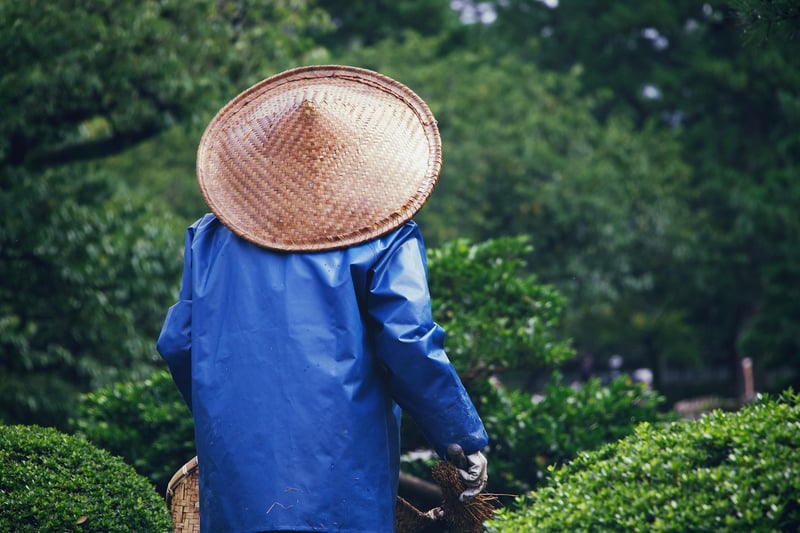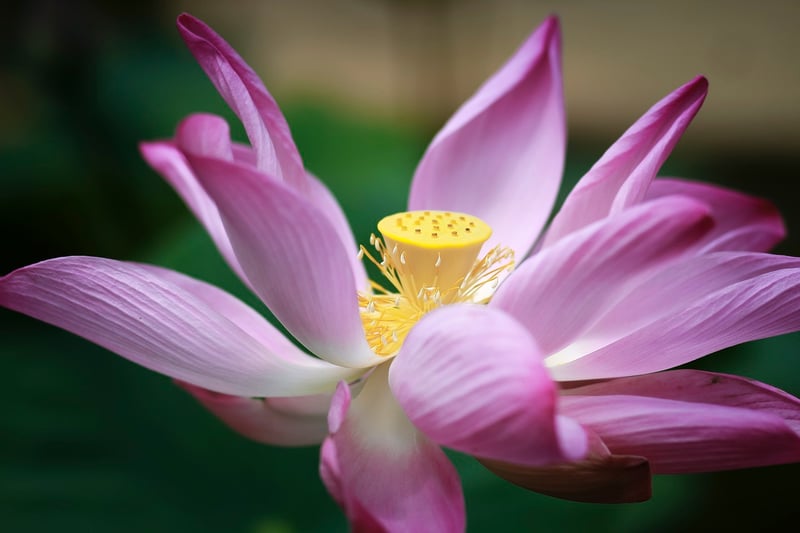Pest Control
Essential Plant Upkeep Tips and Pest Control Methods
Introduction
Welcome to our guide on plant upkeep and pest control! Whether you are a seasoned gardener or just starting with indoor plants, it's essential to understand how to care for your plants and protect them from pests. In this article, we will provide you with valuable tips on plant maintenance and effective pest control methods to keep your plants healthy and thriving.
Plant Upkeep Tips
- Watering: Ensure your plants receive adequate water based on their specific needs. Overwatering can lead to root rot, while underwatering can cause wilting.
- Light: Place your plants in an area that receives the right amount of sunlight. Different plants have varying light requirements, so make sure to research each plant's needs.
- Pruning: Regularly prune dead or yellowing leaves to promote new growth and maintain the plant's health.
- Fertilizing: Feed your plants with suitable fertilizers to provide essential nutrients for growth. Be cautious not to over-fertilize, as it can harm the plant.
- Repotting: Monitor your plant's root growth and repot when necessary to prevent root-bound plants.
Pest Control Methods
Despite your best efforts, plants can still fall victim to pests. Here are some effective pest control methods:
- Neem Oil: A natural insecticide that can help control common plant pests like aphids, spider mites, and whiteflies.
- Diatomaceous Earth: Use this natural powder to combat crawling insects by damaging their exoskeletons.
- Beneficial Insects: Introduce beneficial insects like ladybugs or lacewings to prey on harmful pests in your plants.
- Soap Spray: Create a solution of mild soap and water to spray on plants to deter pests like mealybugs and aphids.
- Physical Removal: Inspect your plants regularly and manually remove any pests you find to prevent infestations.
Conclusion
By following these plant upkeep tips and implementing effective pest control methods, you can ensure that your plants remain healthy and pest-free. Remember to observe your plants closely, as early detection of issues can prevent more significant problems in the future. Happy gardening!


